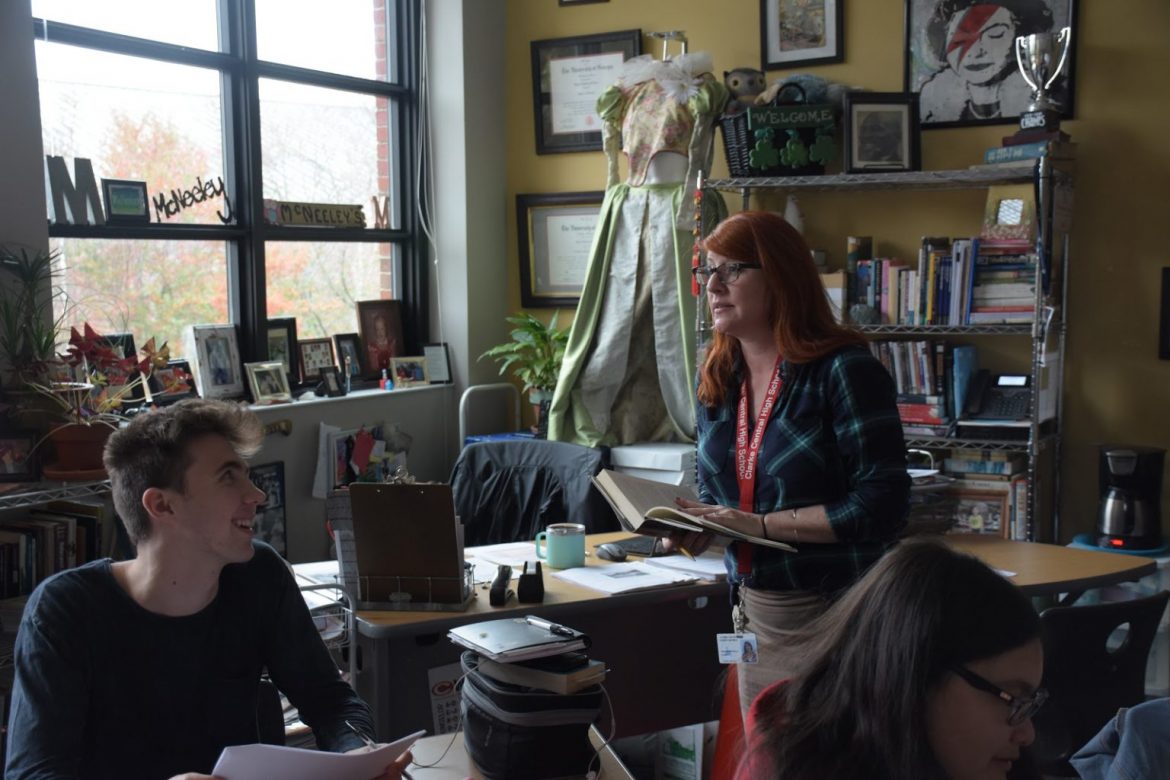Guest writer and senior Demetria Bolds shares her experience taking Multicultural Literature this year, and how it differs from other literature classes she has taken at Clarke Central High School.
This year, I’m taking Multicultural Literature, and it’s not your normal literature class.
In the class, we aren’t assigned books to read, we don’t have to write numerous essays about what we’ve read and we don’t really focus on literature itself. Though things aren’t done like a normal English class, there are still many opportunities for us to read, discuss and explore historical issues.
The class focuses on the Holocaust and its effect on people of different races, genders, sexual orientations and nationalities. We engage with this time period by creating timelines, watching films, reading and respond-
ing to passages that are assigned to us.
We have learned more about racial issues, Germany’s treatment of homosexuals and how gender and sexual orientation played a major part in where and how people were placed in concentration camps.
Before getting into this class, I thought we would focus on different cultures from around the world and maybe compare each of those to our own. Though the class is not what I thought it would be, I have come to really enjoy it.
Although I have learned about the Holocaust in past school years, this class takes a more in-depth approach, exploring how Hitler’s reign began, along with the development of concentration camps.
The environment of the class is pretty calm, mostly because we have a smaller class. Our class is also diverse, with students from different grades and of different races. It took a while for everyone to become comfortable talking about sensitive issues, but our class discussions have been improving.
“In Multicultural Literature, we’re allowed to express our feelings in ways that we might not be able to do in other classes or in other parts of the school — without people judging us and without getting in trouble.”
— Demetria Bolds,
Clarke Central High School senior
In Multicultural Literature, we’re allowed to express our feelings in ways that we might not be able to do in other classes or in other parts of the school — without people judging us and without getting in trouble. At first, I wasn’t really too sure about being in this class, because I felt a little bit out of place. I knew some things about the Holocaust, but I didn’t know as much as some of my other classmates did.
Now, I’ve opened up in class, especially since we’ve learned much more about the topic and I think I’ve finally found my place there.
